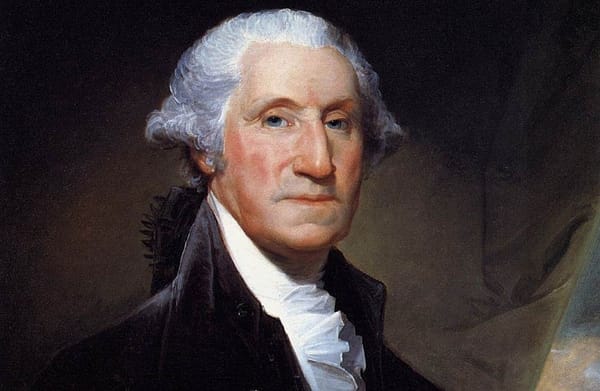Markey wants smoking age raised to 21

Sen. Edward Markey has joined his colleagues in filing legislation raising the smoking age to 21. Markey announced Wednesday that he's joining Sen. Brian Schatz of Hawaii, Sen. Dick Durbin of Illinois and Sen. Sherrod Brown of Ohio to introduce the Tobacco to 21 Act banning the sale of tobacco products to anyone under the age of 21.
"The public health catastrophe caused by tobacco in the 20th century was premeditated and promulgated by a tobacco industry that intentionally misled the public about the risks of smoking. And when they needed new and more customers, they targeted children and teens," Markey said in a statement. "Raising the minimum age for tobacco sales to 21 will help protect the generations of the 21st century and prevent millions from suffering the terrible health consequences of tobacco-related disease, including death."

